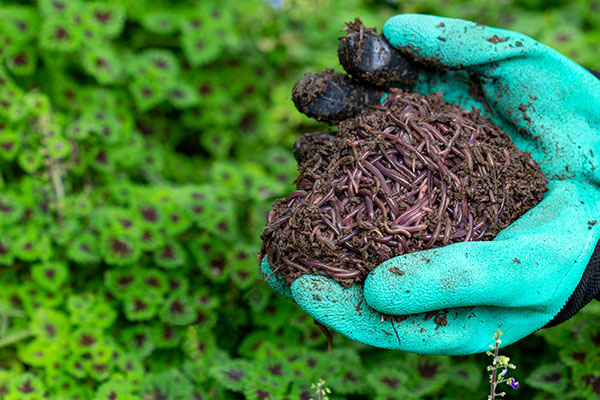(Article by Medicalxpress.com)
Researchers examined carbapenem resistant Enterobacteriaceae (CRE) causing disease in four U.S. hospitals. They found a wide variety of CRE species. They also found a wide variety of genetic traits enabling CRE to resist antibiotics, and found that these traits are transferring easily among various CRE species. The findings suggest that CRE is more widespread than previously thought, that it may well be transmitting from person to person asymptomatically, and that genomic surveillance of these dangerous bacteria should be increased.
The study will appear online January 16, 2017 in PNAS (Proceedings of the National Academy of Sciences).
"While the typical focus has been on treating sick patients with CRE-related infections, our new findings suggest that CRE is spreading beyond the obvious cases of disease. We need to look harder for this unobserved transmission within our communities and healthcare facilities if we want to stamp it out," said William Hanage, associate professor of epidemiology at Harvard Chan School and senior author of the study.
CRE are a class of bacteria that are resistant to multiple antibiotics, including carbapenems, which are considered last-resort drugs when other antibiotics have failed. CRE, which tend to spread in hospitals and long-term care facilities, cause an estimated 9,300 infections and 600 deaths in the U.S. each year, according to the U.S. Centers for Disease Control and Prevention (CDC)—and incidence is on the rise. Tom Frieden, director of the CDC, has called these 'nightmare bacteria' because they are resistant to some of the last-ditch treatments available to doctors battling resistant infections.
...
More information: Multi-institute analysis of carbapenem resistance reveals remarkable diversity, unexplained mechanisms, and limited clonal outbreaks, PNAS, www.pnas.org/cgi/doi/10.1073/pnas.1616248114
Continue reading this article at: Medicalxpress.com
Stay informed about more news on outbreaks at Outbreak.news.
Please contact us for more information.






















